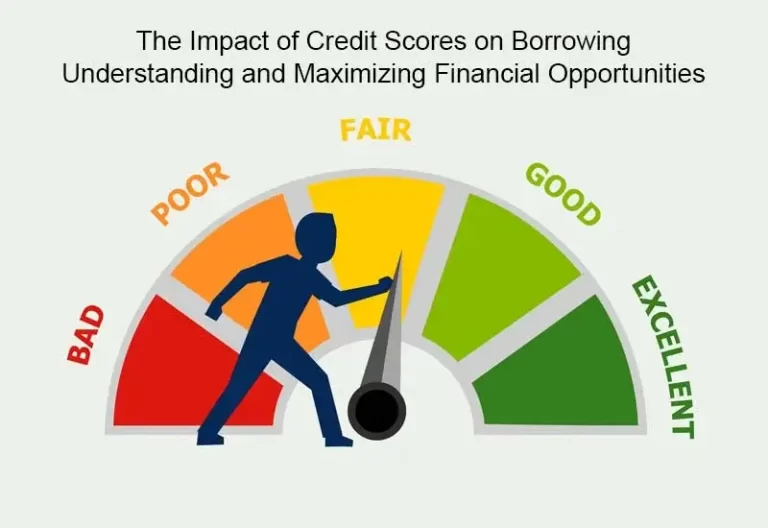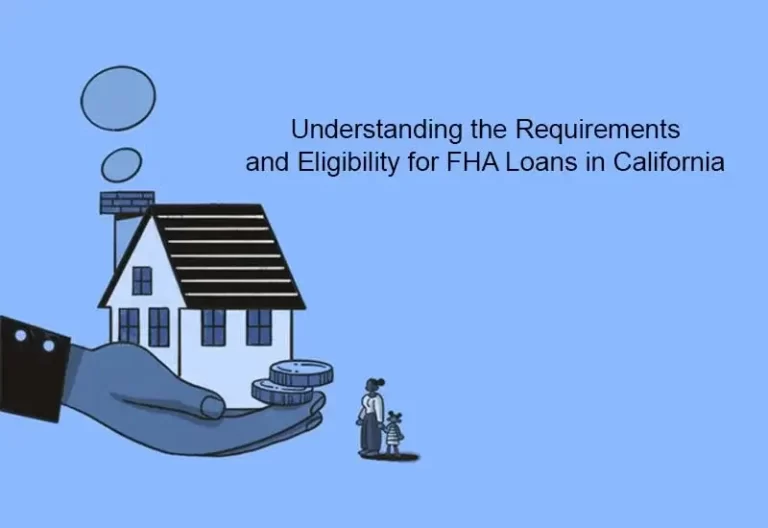Payday Loan Regulations: What You Need to Know to Protect Yourself
Payday loans can provide a quick financial fix for individuals facing immediate cash needs. The ease of obtaining a payday loan often comes with high-interest rates and fees, which can lead to a cycle of debt for borrowers. Many countries and states have implemented payday loan regulations to protect consumers from predatory lending practices. This article will explore what you need to know about payday loan regulations to safeguard yourself from potential financial pitfalls.
Understanding Payday Loans
Payday loans are short-term loans typically designed to cover emergency expenses until the borrower’s next payday. They are often for small amounts and come with high fees and interest rates. While they can provide quick access to cash, borrowers should carefully consider the costs and potential risks before taking out a payday loan.
Interest Rate Caps
Many countries and states impose interest rate caps on payday loans to protect consumers from exorbitant fees. These caps limit the interest lenders can charge, making payday loans more affordable for borrowers.
Loan Limits
Payday loan regulations may set limits on the loan amount that borrowers can access. This helps prevent borrowers from taking out larger loans than they can afford to repay.
Cooling-Off Periods
Some payday loan regulations mandate cooling-off periods between loans. Borrowers must wait a specified period before taking out a new payday loan. Cooling-off periods prevent borrowers from becoming trapped in a cycle of debt by continuously borrowing to cover previous loans.
Repayment Terms
Payday loan regulations may require lenders to provide reasonable and affordable repayment terms. This ensures that borrowers clearly understand the repayment schedule and can manage their finances accordingly.
Full Disclosure of Terms
Regulations often require lenders to fully disclose all loan terms, including fees and interest rates. This transparency allows borrowers to make informed decisions and avoid unexpected costs.
Borrower Verification
Regulations may require lenders to verify the borrower’s income and financial stability to prevent fraudulent lending and ensure borrowers can afford the loan.
Borrower Education
Some regions require lenders to provide borrower education materials to promote responsible borrowing and financial literacy.
Prohibition on Rollovers
Regulations in certain areas prohibit payday lenders from offering loan rollovers, where the borrower extends the loan by paying only the interest. Rollovers can lead to a never-ending cycle of debt.
Online Lending Regulations
With the rise of online lending platforms, some regions have implemented specific regulations for online payday lenders to protect consumers from potential scams and unethical practices.
State and Country Variations
It’s essential to be aware that payday loan regulations can vary significantly from one country or state to another. Some areas have more stringent regulations, while others may have fewer consumer protections.
Conclusion
Payday loan regulations aim to protect consumers from the risks associated with high-cost short-term loans. Understanding these regulations is crucial for borrowers to make informed decisions and safeguard themselves from predatory lending practices. Before considering a payday loan, explore alternative options such as personal loans, credit union loans, or borrowing from family and friends. If you decide to proceed with a payday loan, research the regulations in your region and choose a reputable lender who abides by these rules. By being well-informed and cautious, you can protect yourself from the pitfalls of payday loans and make responsible financial choices.







